Lithium iron phosphate is a lithium-ion polymer battery that uses LiFePO4 as the cathode material and a metal-backed graphite carbon electrode as the anode.
The LiFePO4 battery, also known as the LFP battery, is a rechargeable battery. It is the safest type of lithium battery on the market today. It is small, lightweight, and has a cycle life of thousands of cycles.
A lithium-ion polymer battery is a rechargeable battery that works primarily on the movement of lithium ions between the positive and negative electrodes. Lithium-ion batteries use an embedded lithium compound as the electrode material. The commonly used lithium-ion battery cathode materials are lithium cobaltate (LCO battery), lithium manganate (LMO battery), ternary lithium-ion (NCA, NMC battery), and lithium iron phosphate (LiFePO4 battery).
High current charging and discharging is one of the advantages of Li-polymer batteries, which allow devices to release more energy in a short period of time. These batteries are more often used in racing cars and power tools: almost all drones and RC model batteries use Li-ion batteries.
High discharge multiplier lithium-ion polymer batteries Up to 50C (continuous) and 150C (pulsed). They are lightweight, long-lasting, and can be manufactured into a variety of shapes. These are just some of the advantages of lithium-ion batteries, lithium iron phosphate batteries have these advantages.
Because LFP batteries have 4 to 5 times the cycle life of other Li-ion batteries, they can reach 2000 to 3000 cycles or more. LiFePO4 batteries can also reach 100% depth of discharge (DOD). This means that for energy storage products, LFP batteries do not need to worry about over-discharge and can even last longer. A good lithium iron phosphate battery can last 3 to 7 years, so the average cost is very affordable.
However, LiFePO4 batteries have a lower energy density than other Li-ion batteries, so they are not suitable for wearable devices. In addition, the battery compartment space is limited, so the capacity is relatively low.
As a result, LFP batteries are not as durable and compatible with the conditions and internal space of wearable devices compared to other LiPo batteries.

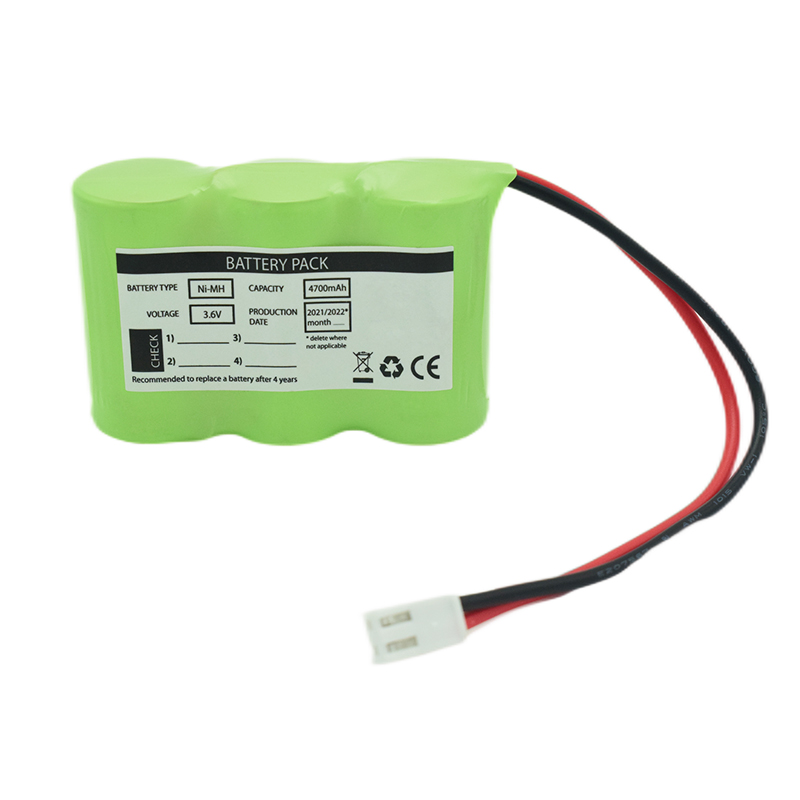 Ni-MH Battery C4700mAh 3.6V
Ni-MH Battery C4700mAh 3.6V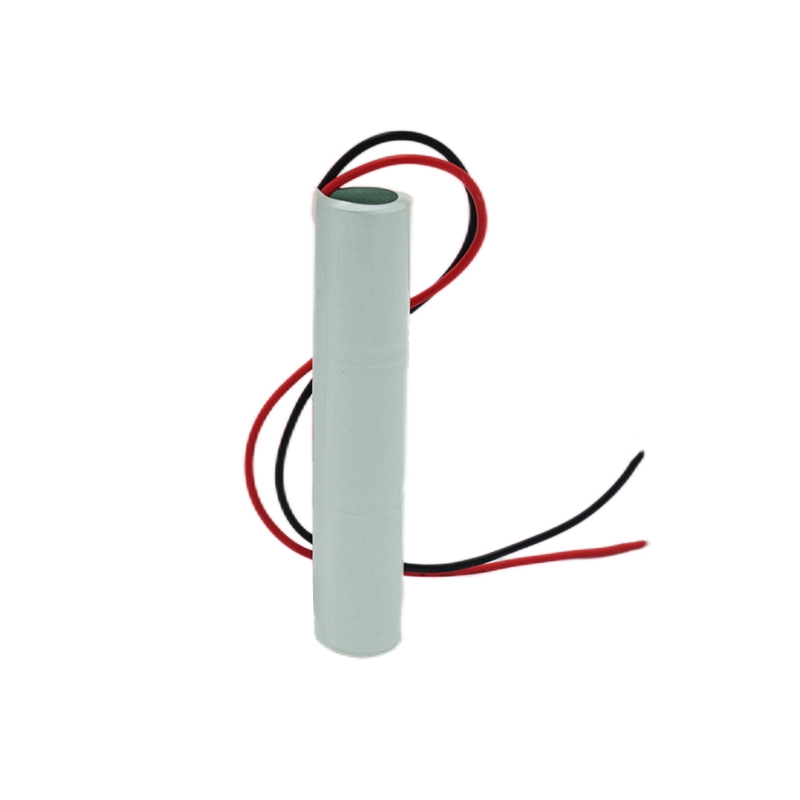 Nickel Cadmium Nicd Battery Pack SC1800mAh 3.6V
Nickel Cadmium Nicd Battery Pack SC1800mAh 3.6V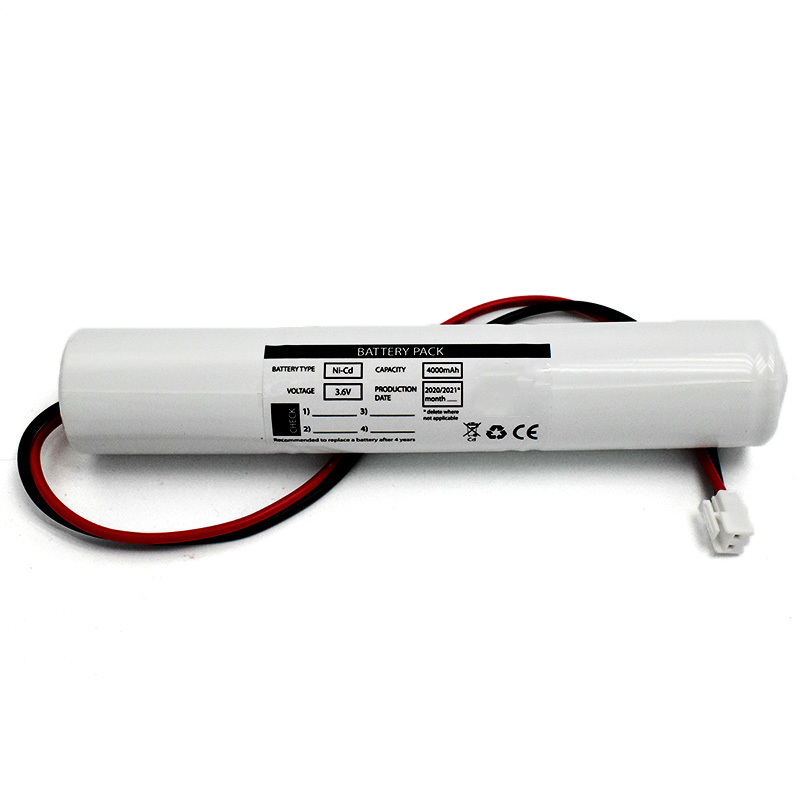 Ni-Cd Battery Pack D4000mAh 3.6V
Ni-Cd Battery Pack D4000mAh 3.6V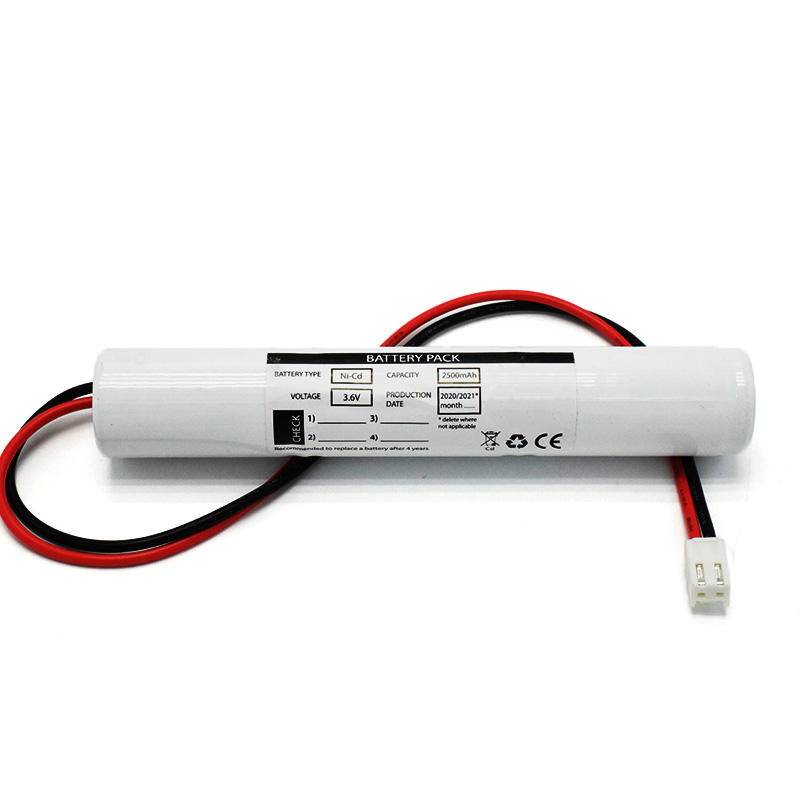 Ni-Cd Battery Pack C2500mAh 3.6V
Ni-Cd Battery Pack C2500mAh 3.6V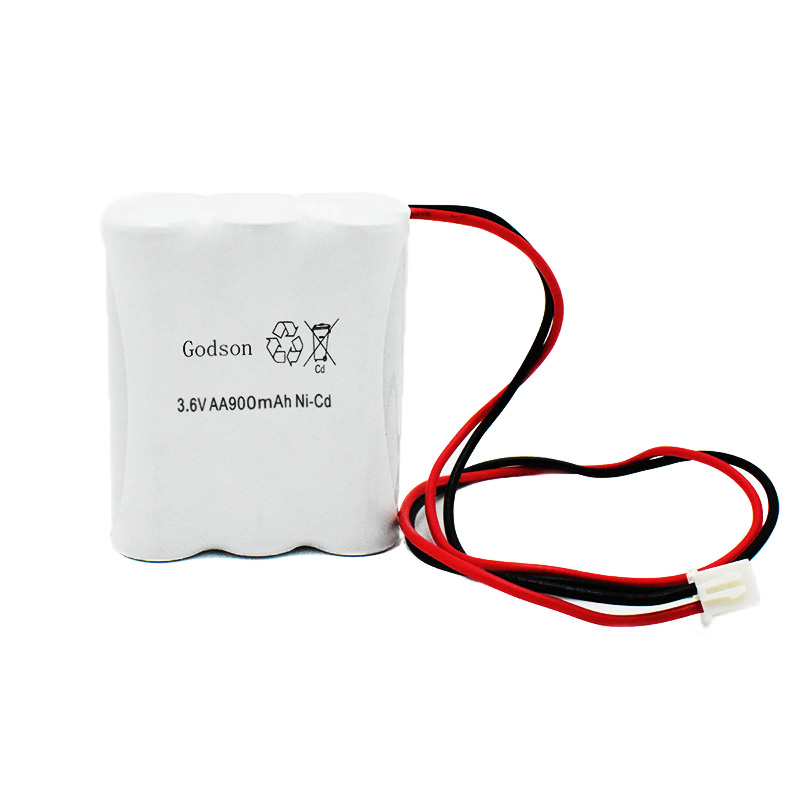 NICAD Battery Pack AA900mAh 3.6V
NICAD Battery Pack AA900mAh 3.6V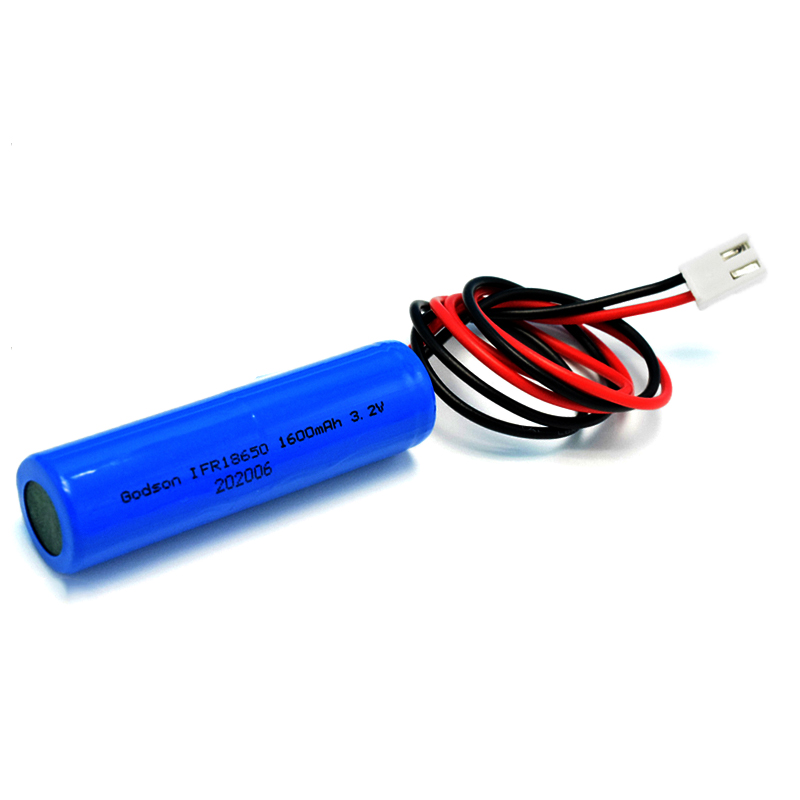 LiFePO4 IFR18650 1600mAh 3.2V
LiFePO4 IFR18650 1600mAh 3.2V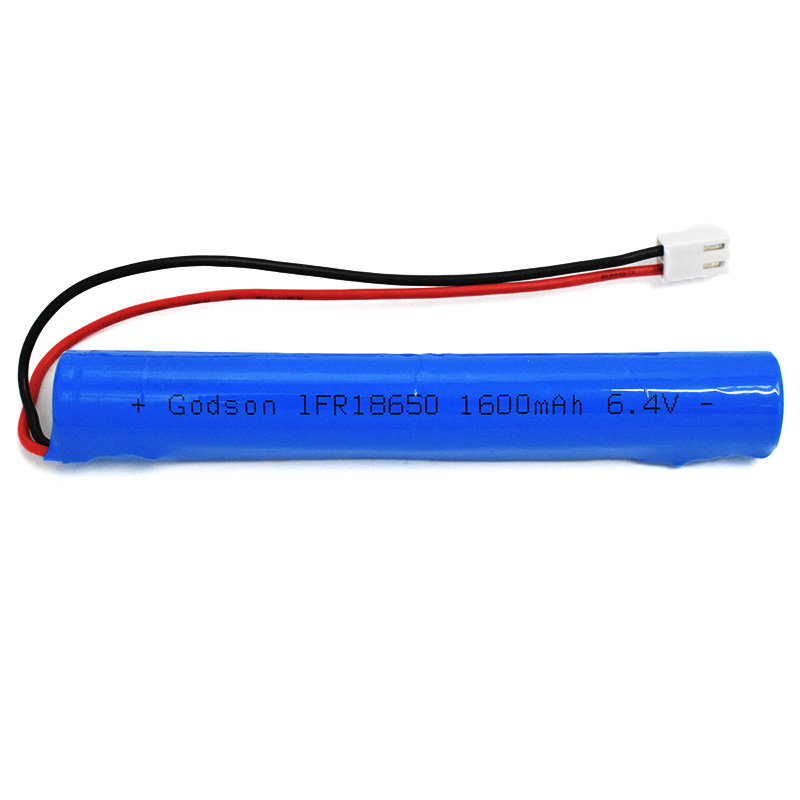 LiFePO4 IFR18650 1600mAh 6.4V
LiFePO4 IFR18650 1600mAh 6.4V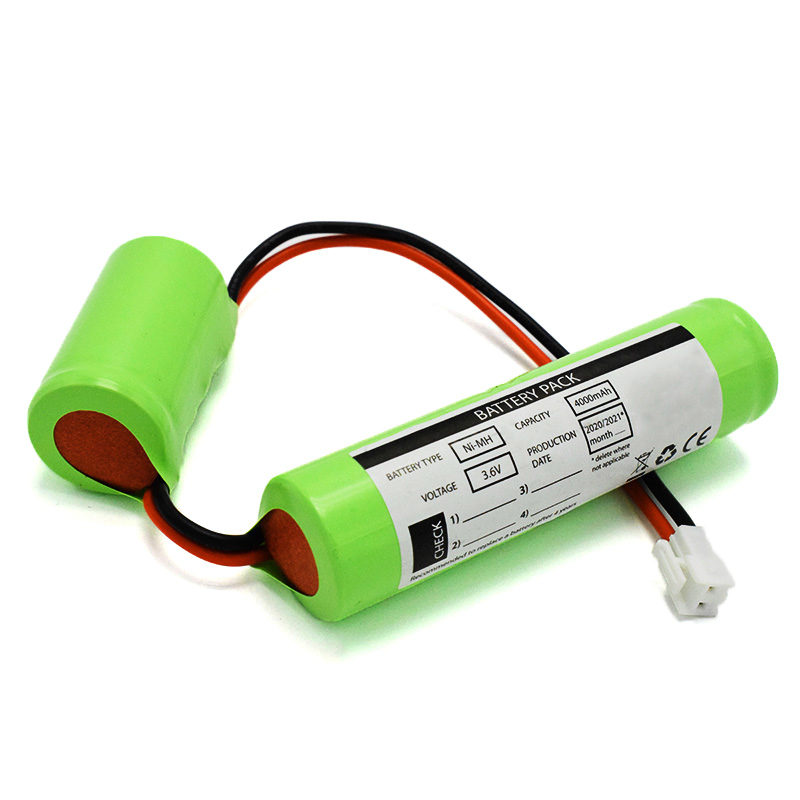 Ni-MH Battery C4000mAh 3.6V
Ni-MH Battery C4000mAh 3.6V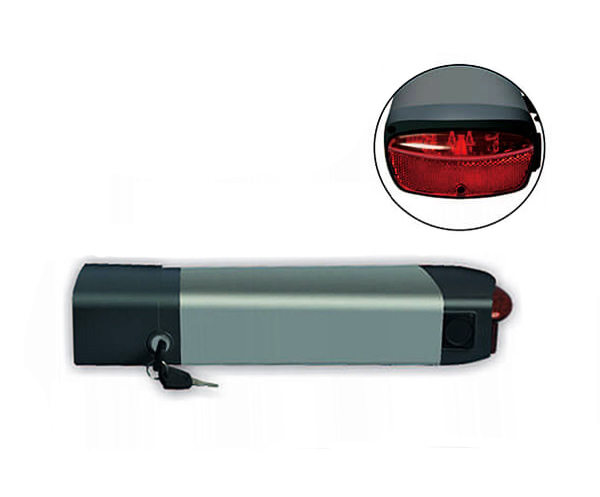 E-bike Battery 48V 10Ah JL-1
E-bike Battery 48V 10Ah JL-1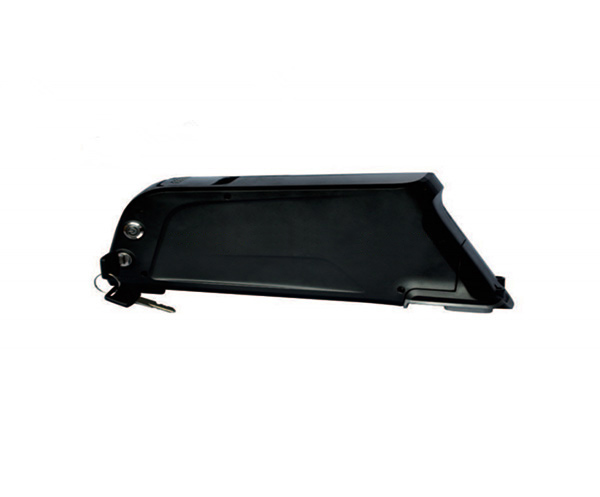 E-bike battery 48V 10Ah Qing Tian
E-bike battery 48V 10Ah Qing Tian